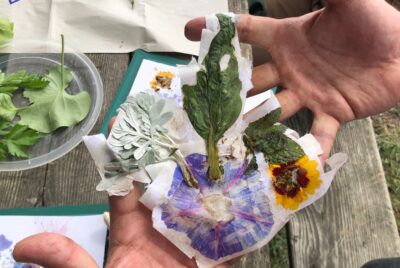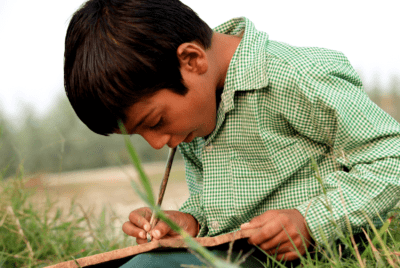RESEARCH
School Gardening Increases Knowledge of Primary Schoolchildren on Edible Plants and Preference for Vegetables
Summary
This study explored whether school gardening programs could help children learn more about vegetables and develop a greater liking for them. Researchers worked with 150 children aged 10–12 in the Netherlands, who participated in a 7-month gardening program that included classroom and outdoor lessons, as well as cooking activities. The children learned to plant, grow, harvest, and cook a variety of vegetables, and their knowledge and preferences were tested before the program, immediately after, and again a year later. The results were compared to a control group of similar children who did not participate in the gardening program.
The findings showed that children who took part in the gardening lessons became much better at identifying different vegetables and reported a stronger preference for eating them, both right after the program and one year later. In contrast, children in the control group did not show any significant improvement in their knowledge or preferences. However, the gardening program did not change the children’s attitudes toward gardening, cooking, or outdoor activities in general. Overall, the study suggests that school gardening can have lasting benefits by making children more familiar with and interested in eating vegetables.







